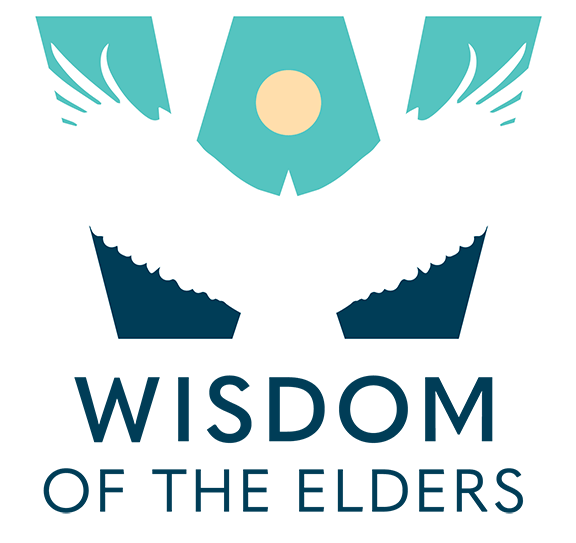Elakha
[audio:https://www.wisdomoftheelders.org/prog307/mp3/07_sl.mp3]Arlie Neskahi:
The Oregon coast and valleys are home to many bands of indigenous people, who today make up the Confederated Tribes of Grand Ronde and the Confederated Tribes of Siletz Indians. Over a hundred different languages were once spoken. But the language of trade throughout the region was Chinook Wa Wa, a blend of Chinookan, English and French. One of the main items of trade was the sea otter’s rich velvety fur. Today, Judy Bluehorse Skelton, tells us about Elakha, the Chinookan name for Oregon’s sea otter.
Judy Bluehorse Skelton:
Elakha populations once extended around the entire Pacific coast, from Mexico to the Aleutian Islands of Alaska and across the ocean to Japan. Along the Pacific coast there was the Oregon sea otter, the California sea otter and the Alaskan sea otter. All were highly valued by coastal tribes for food and clothing. Their rich thick pelts became a prized item that was traded for great distances and fueled the European fur trade. This greatly influenced President Jefferson’s decision to send Lewis and Clark out to discover a passage to the Northwest.
Native Americans so valued their sea otter robes that Lewis and Clark were unable to trade for them during their winter at Fort Clatsop in Oregon. From Lewis’s journal of January 1806, we have his observation about meeting a party of Chinook. One member “was draped in three elegant sea otter skins,” which Lewis and Clark very much wanted. They offered him many articles, but he would not trade one otter skin for anything other than ten fathoms of blue beads. A fathom was a strand of beads six feet in length. So the Chinook was asking for sixty feet of the highly prized blue beads for an otter skin. Lewis and Clark had only six fathoms left and so they were unable to trade.
Fur hunters from Russia, Spain, France, England and the united states dominated the west coast and killed more than a million sea otters by the time wagon trains began bringing pioneers to Oregon. The last known Oregon sea otter was killed near Newport in 1906. Its pelt later sold for $900. An international treaty signed by Russia, Japan, Britain and the United States banned hunting in 1911, but their pacific-wide population had already declined to fewer than two thousand sea otters. None remained along the coast from Prince William Sound, Alaska, to central California. The animal nearly went extinct.
Today, although numbers in many areas have recovered, sea otters are still missing from large stretches of their original range. The Elakha Alliance is an informal association of Oregon tribes, universities, agencies and individuals committed to restoring these vital creatures to Oregon’s coastal waters. Otters eat mainly shellfish, such as sea urchins, crabs, clams, mussels and snails. In places where sea otters disappeared completely, an unexpected sequence of events unfolded. Sea urchins exploded in numbers and proceeded to consume large portions of kelp and seaweeds. In what the Tribes refer to as otter times, the heavy kelp growth, anchored on the sea bottom and reaching to the surface, was a… forest. Now it is mostly gone, literally eaten away. Large stretches of the shallow ocean floor were reduced to a desert-like terrain, called sea-urchin barrens.
Siletz tribal member and founder of the Elakha Alliance, Dave Hatch, tells us that Elakha is a keystone species; one who’s presence has the ability to dramatically change the structure and complexity of its ecological community. The missing kelp forests that once flourished, provided shelter for fish and helped to reduce coastal erosion by absorbing the impact of ocean waves. Dave says the whole ecosystem was upset when we lost kelp, and if we want that ecosystem to recover, the otter has to be part of it.
Dave brings out a large otter skin and lays it out carefully for the students to touch. The thick, smooth fur glistens and the students want to wrap themselves in its velvety warmth. Yes, it’s easily worth sixty feet of blue beads. But the students all agree that to have Elakha back is priceless.
With each breath, with each step, with each heartbeat. Osadadu.
